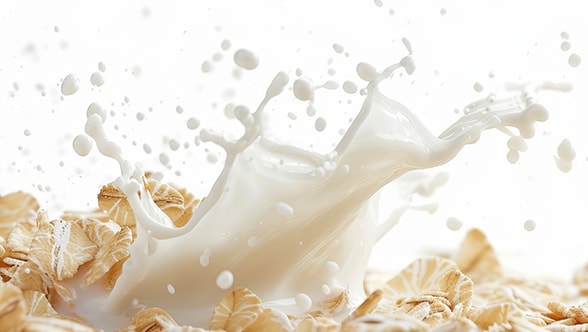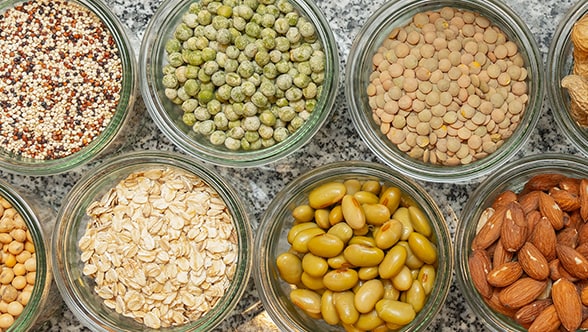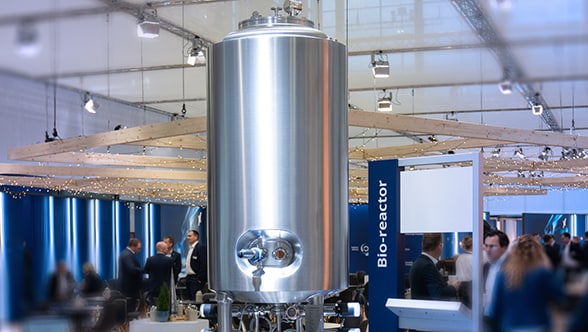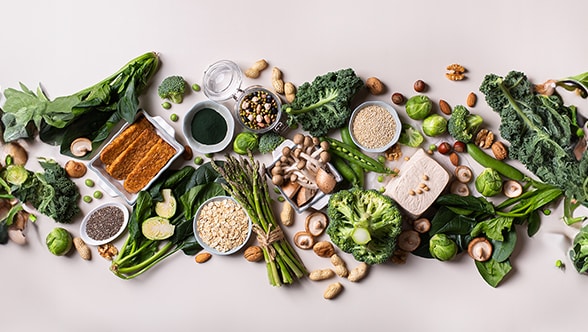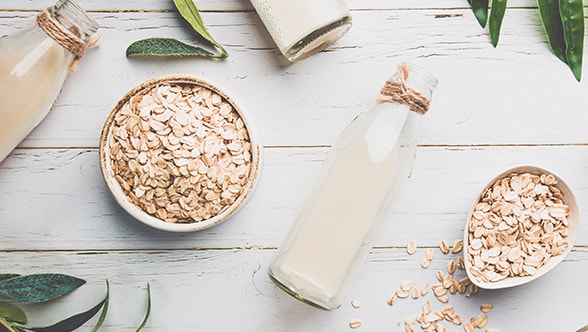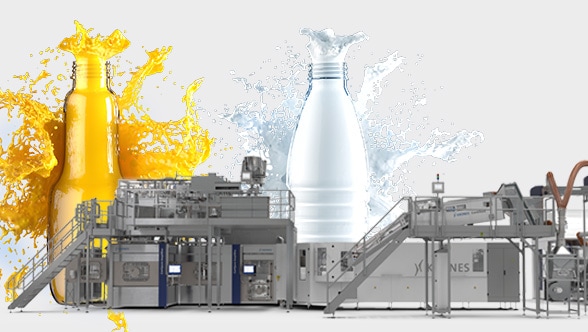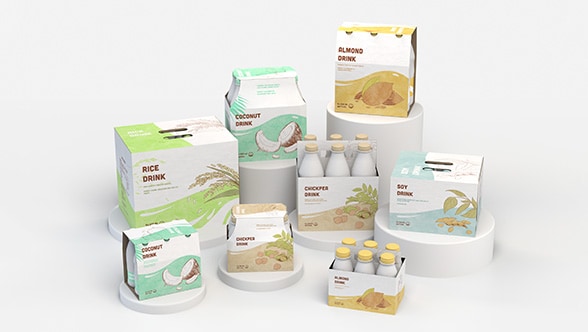That is because they are in enormously high demand, especially among Millennials and Gen Zers. Today’s young adults make up a huge target group for plant-based drinks and have been a powerful force driving their success. And precisely that is why more and more companies are focusing on making plant-based drinks.
According to Global Data, average growth rates for the milk and milk alternatives market as a whole will be around three percent each year between 2020 and 2025. Meanwhile, plant-based drinks are forecast to grow by seven percent annually, far faster than the market overall. Europe and North America are lending especially strong momentum to this vigorous trend. A simple comparison of the figures from 2020 with the estimates for 2025 shows dramatic growth in both regions: 21 percent in Europe and even 36 percent in North America. By contrast, dairy drinks are expected to grow by only four and one percent in these regions, respectively, in the same period.




